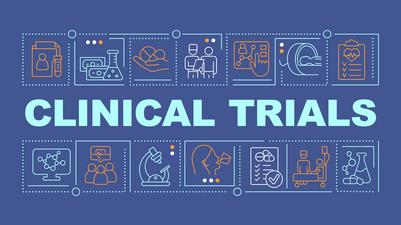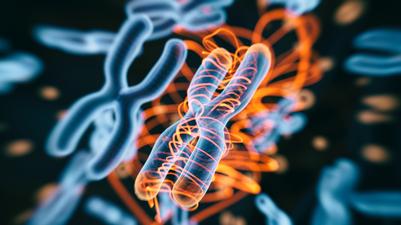Disease name: Transthyretin amyloidosis
ICD-10 Disease Code: E85.82 Wild-type transthyretin-related (ATTR) amyloidosis
ICD-10 Disease Group: E85- Amyloidosis
General description:Transthyretin amyloidosis (ATTR) is a genetic disease, characterised by the slow buildup of amyloid protein in the tissues and organs of the body. The diseases affects the involuntary nervous system, and thus it impacts the activity of certain organs such as the heart, kidneys and eyes.
Mutations:
ATTR is arises through mutations in the TTR gene. The disease is inherited in an autosomal dominant manner. However, not all individuals with TTR mutations will develop symptoms, and therefore the presence of symptoms is used as a determining factor during diagnosis.
Disease frequency:The exact incidence of the disease is unknown, but it is found to be more prominent in some parts of the world, including Portugal, Sweden and Japan.
Symptoms:Because of the slow progression of the disease, onset happens at various different ages in adulthood. The protein buildup in the nerves of peripheral tissues leads to numbing of the lower limbs, feet and hands.
When amyloid protein buildup affects the involuntary nervous system, patients are at risk of developing complications that may involve several organs, including the heart, liver, gastrointestinal tract and kidneys. Other tissues that can be affected by protein accumulation are the eyes and brain.
Treatment:The primary treatment for ATTR is liver transplantation. This removes the major deposits of amyloid protein, however, deposits that exist in the eyes and brain tissues will remain.
Heart and kidney transplantation are also alternative treatment possibilities as well as fluid injections in the eyes.
Recent developments in ATTR medication has provided patients with treatments that drastically lower the buildup of amyloid in tissues.
Sources:








